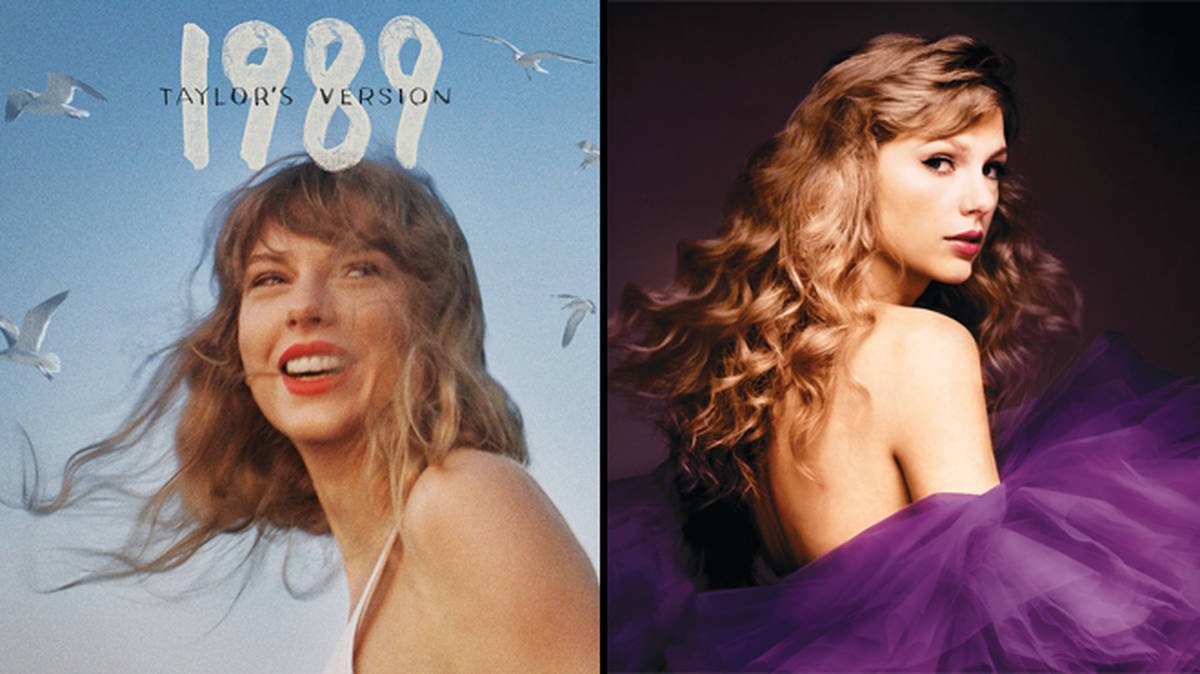Women’s Equality Day: The Rewrite
Imagine a world without “Imagine”, the 21st night of “September”, and the power ballads of Aerosmith. Imagine a world without “Boogie Wonderland”... scary, I know. Fortunately, that’s not the world we live in, and the iconic lyrics and melodies continue to play long after their release date. These songs, just to name a few, were made extremely popular by male dominated bands and the vocalists are often given credit for the song's divine inspiration. In reality, when we look closer at the creatives behind the music, these frontmen are replaced by Carole King, Diane Warren, Allee Willis, and more. Even Yoko Ono, John Lennon’s wife, was originally left off of the writing credits for “Imagine” which peaked at #3 on the Billboard Hot 100 in 1971 and just received her credit, 46 years later.
Credit: Ron Galella, courtesy of Getty Images and Rex Features
In numerous aspects of life including sports, entertainment, art, politics, and inventions, women have been written out of the story that becomes solidified in history. So why does the credit of a song matter so much? If we look at the recent re-recordings of Taylor Swift, who has over 26.1 billion streams on Spotify, she has gone through a tumultuous battle in order to reclaim her masters, which are a song’s original recordings. Her masters were bought out from under her, so instead of her receiving full credit and compensation for her original songs and lyrics, the profits went to another party. The solution? Swift has spent years re-recording each song, adding bonus songs written in the similar time period as the original album, and having additional photoshoots and promotions to recreate the fan favorites known around the world. There are now only two albums left to re-record and release until Swift exclusively owns all her music. That’s how much they mean. Swift’s re-records are not only outselling her original masters, they are declaring that the credit and ownership of a song should be a much bigger conversation than it currently is.
Credit: Republic Records
A songwriter’s skill combines personal touch, experience, universal connection, and transforms it into a business venture while staying true to their original purpose: making music that people can relate to, sing to, and share with others. While songs range in vulnerability, the ability to write one and make it work for another artist, especially a male artist is a skill in and of itself. There was a phrase going around last year during the “Barbenheimer” hype that was “Margot Robbie could play Robert Oppenheimer, but Cillian Murphy could never play Barbie.” A funny thought at first of the two megastars switching roles, but the sentiment goes deeper than that. Living in a man’s world, women have had to learn how to do both, while still being subjected to impossible standards.
Be strong, be powerful, be masculine, make decisions, cut costs, man up.
Be lovely, be kind, be beautiful, be feminine, be a good friend, partner, mom, be a lady.
Credits: Warner Bros. / Universal and Jim McCrary
Diane Warren took a movie about an asteroid colliding into earth where a group of “misfit deep-core drillers” have to save the planet (that’s the actual description) and created one of Aerosmith’s most iconic songs: “I Don’t Want to Miss a Thing.” Carole King originally wrote and recorded the song “You’ve Got a Friend” in 1971, but it wasn’t until James Taylor released the cover that it really gained traction and it is now #6 on his Greatest Hits album. King’s version has 133 million streams on Spotify, Taylor’s has 199 million.
Today, many artists are taking more pride in exclusively writing their music, and prove it to us with behind the scenes solo writing sessions, early day voice memo recordings, and a great deal of storytelling and detail behind the lyrics. Fans and music lovers get to uncover songs more than once as they peel back the metaphors and understand what this artist wants to say to them, and how they can apply it to their own lives. People aren’t demanding that past songs stop being played, they are simply asking that credit be given where it is due. No one is going to deny Steven Tyler’s vocal range or turn off “Boogie Wonderland” if no one mentions that Allee Willis was instrumental in writing it, but this is your reminder to bring women back into the conversation that they started themselves, and expand the history when it calls for it. It might even include rewriting it yourself.





